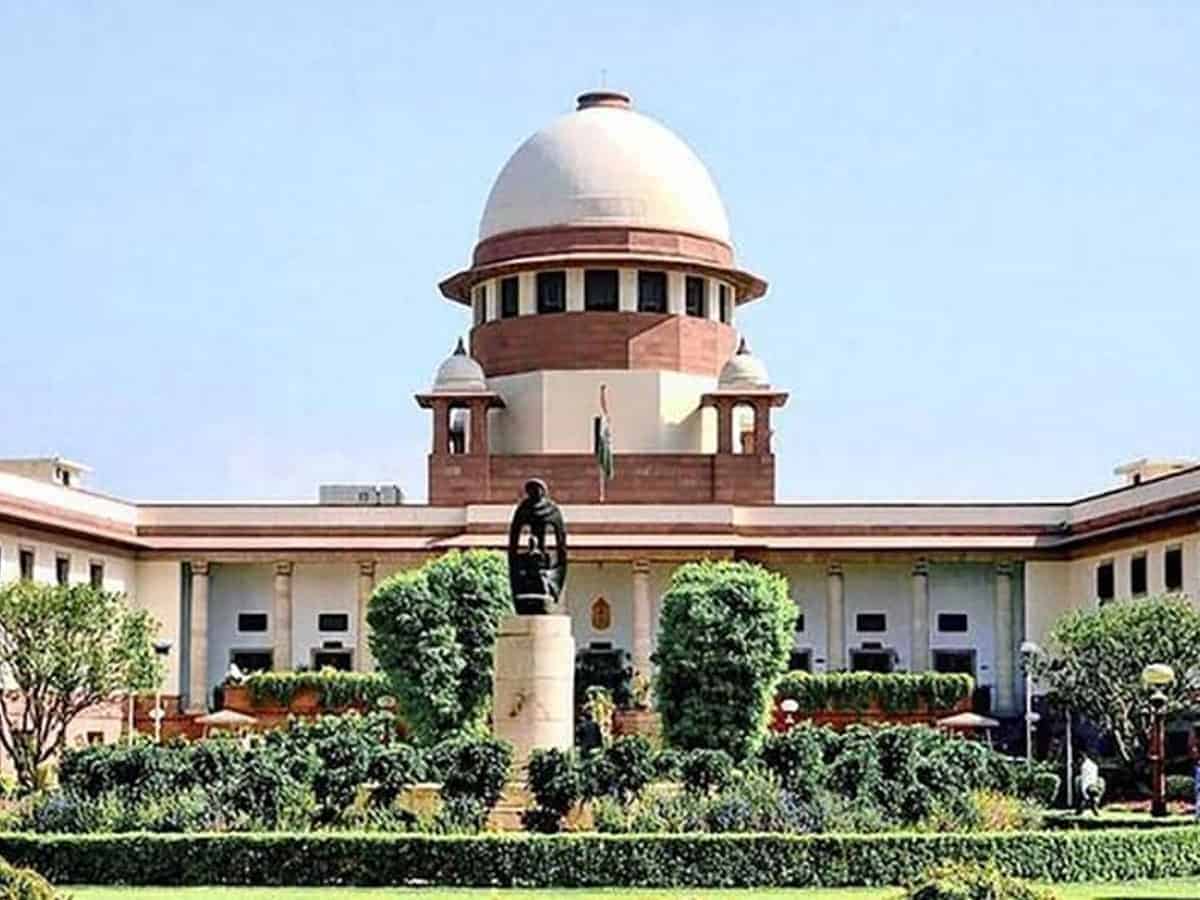New Delhi: The Supreme Court on Friday stayed the directions issued by the Allahabad High Court in connection with Covid-19 management in Uttar Pradesh, stressing that the high courts should not pass orders “that are impossible to implement”.
While passing its directions, the Allahabad High Court had observed the entire medical system of the state, especially in smaller cities and villages, can only be taken to be like the famous Hindi phrase “Ram bharose” (at the mercy of god).
An apex court bench comprising Justices Vineet Saran and B.R. Gavai observed said the High Courts must ponder over the practicality of implementation of their orders. Noting that governments became active after orders were passed by various High Courts, it said that the courts should also look into the submissions made by the government.
The top court also asked the High Courts to not pass orders having national and international ramifications, and leave these matters for the top court to examine.
“Courts should also have some judicial restraint and not pass orders which are difficult to be implemented,” said the bench during the hearing of a plea filed by the Uttar Pradesh government challenging the High Court order.
During the hearing of a PIL on the Covid-19 situation in UP, the Allahabad High Court had passed a slew of directions on May 17 in connection with providing ambulances with ICU facilities in all villages, making oxygen beds available in all nursing homes, upgradation of medical college hospitals in the state etc, on an urgent basis.
But the top court said the High Court should consider the possibility of directions being implemented and avoid passing the orders which are impossible.
Solicitor General Tushar Mehta, representing the UP government, submitted that all Covid-19 related matters should be listed before bench led by the Chief Justice of the High Courts. He contended that health infrastructure can never be ignored, but these directions are impossible to comply with. He also cited the High Court which directed imposition of lockdown in several cities, which was stayed by the top court.
“There are trans-state issues too. Some issue in Kerala High Court can have repercussions in Karnataka,” he said.
However, the top court declined to entertain Mehta’s submissions that only Chief Justice’s bench in High Courts should hear Covid-19 matters, saying that it won’t pass such sweeping orders. “Constitution of Benches is the prerogative of the Chief Justice of the concerned High Court. We will not pass an order for every High Court,” said the top court.
It noted that UP government has submitted that there are over 97,000 villages in the state and it is not possibly to provide two ambulances in every village within one month.
The bench also observed that there are submissions that certain directions have also been made directing medical companies to take formulas and start producing vaccines which, according to the state government, cannot be implemented. The state government also objected to the observation terming the medical system “Ram bharose”.
The top court said these observations, in its view, may have been passed in anxiety and concern for general public. “But since apparently the same cannot be implemented, the said directions may be treated by as only observations and not directions,” it noted.
The bench further added: “It would be desirable that this matter be also be heard by bench presided by Chief Justice.”
It reiterated that High Court should also consider possibility of implementation of their order and emphasized that the doctrine of impossibility is equally applicable to courts.

